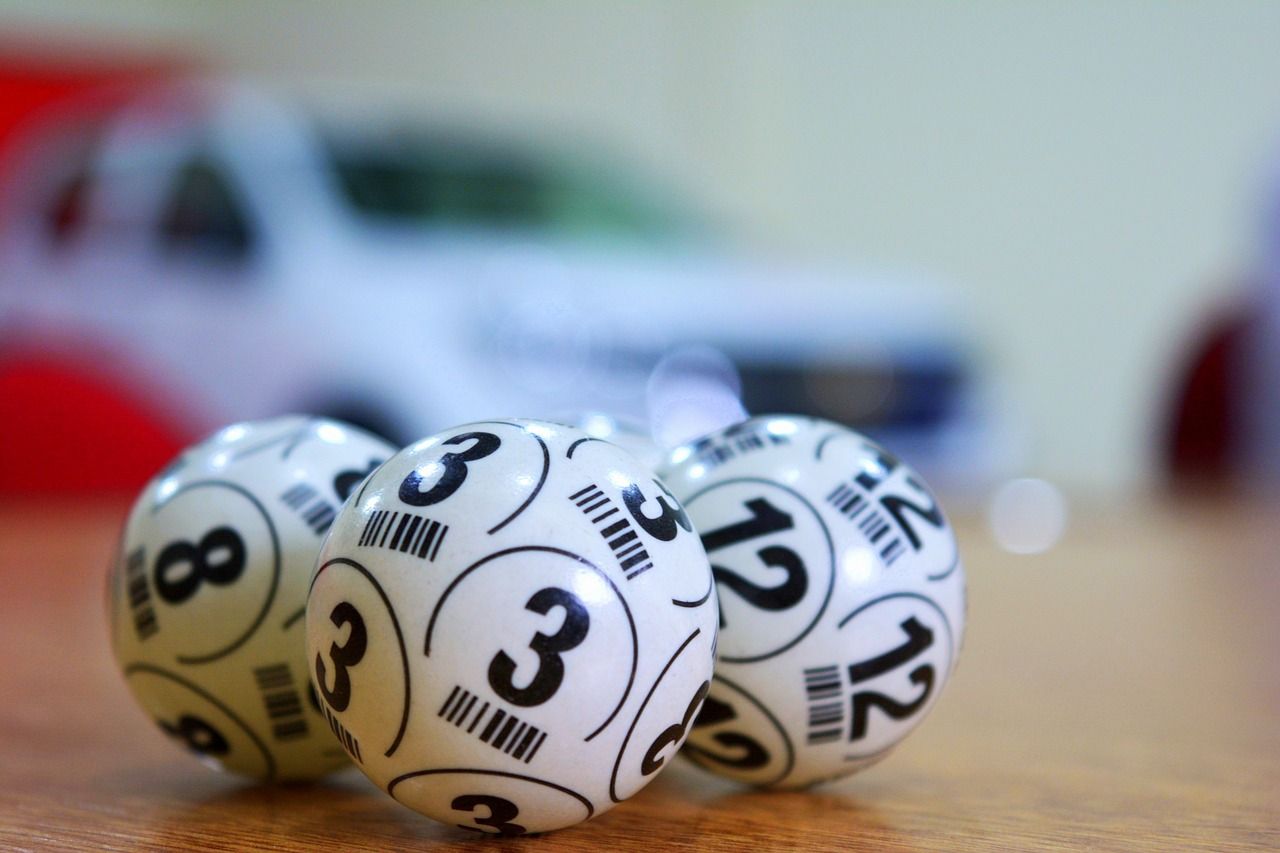Lottery draws have captivated the hearts of millions around the world, providing a unique blend of excitement, anticipation, and the possibility of life-changing winnings. This article will explore the mechanics of lottery draws, their history, the different types of live draw cambodia, and the social implications of participating in these games of chance.
What is a Lottery Draw?
A lottery draw is a process through which winning numbers are selected randomly, determining the recipients of cash prizes or other rewards. Participants purchase tickets, each of which contains a unique combination of numbers. During the draw, a set of winning numbers is generated, and those whose tickets match the drawn numbers win prizes based on the lottery’s rules.
History of Lottery Draws
The origins of lotteries date back to ancient civilizations. The earliest recorded lottery is believed to have taken place in China around 205-187 BC, where it was used to fund major government projects like the Great Wall. In Europe, lotteries gained popularity during the Renaissance, often used to fund public works and charitable causes. The first official state-sponsored lottery in Europe was established in 1569 in France.
Over time, lotteries evolved, leading to the establishment of modern systems that prioritize fairness and transparency. In many countries today, government oversight ensures that lottery draws are conducted honestly and that a portion of the proceeds benefits public services and community programs.
Types of Lotteries
There are several types of lottery draws, each offering different formats and prizes. Here are the most common:
- Traditional Lotteries: Participants choose a set of numbers, and winners are determined based on how many of their selected numbers match those drawn. Examples include Powerball and Mega Millions in the United States.
- Scratch-Off Tickets: These are instant-win games where players scratch off a coating to reveal if they have won. The odds of winning vary based on the ticket’s design and price.
- Keno: A game similar to a lottery where players choose numbers from a larger set, typically 1 to 80. A draw determines which numbers are selected, and prizes are awarded based on how many numbers a player matches.
- Raffles: These involve selling tickets for a chance to win a prize, with the winning ticket drawn at random. Raffles often support charitable causes.
The Mechanics of a Lottery Draw
A typical lottery draw involves several key steps to ensure fairness and transparency:
- Ticket Sales: Participants buy tickets either online or at authorized retailers.
- Random Number Generation: Most lotteries use mechanical drawing machines or electronic random number generators to select winning numbers. These methods are designed to eliminate bias and ensure randomness.
- Announcement of Winners: Once the winning numbers are drawn, they are publicly announced through various channels, including television broadcasts, websites, and social media.
- Claiming Prizes: Winners typically have a set period to claim their prizes, either through a lottery office or by mail, depending on the jurisdiction.
The Social Implications of Lottery Participation
While lottery draws can be a source of excitement and potential wealth, they also raise social questions:
- Addiction and Financial Strain: Some individuals develop compulsive gambling habits, leading to financial difficulties. Awareness and education about responsible gaming are essential.
- Funding for Public Services: Many lotteries allocate a portion of their proceeds to public projects, such as education, infrastructure, and healthcare. This can provide a significant funding source for communities.
- Inequities in Participation: Studies show that lower-income individuals are often more likely to play the lottery, leading to discussions about the fairness of relying on gambling as a source of revenue.
